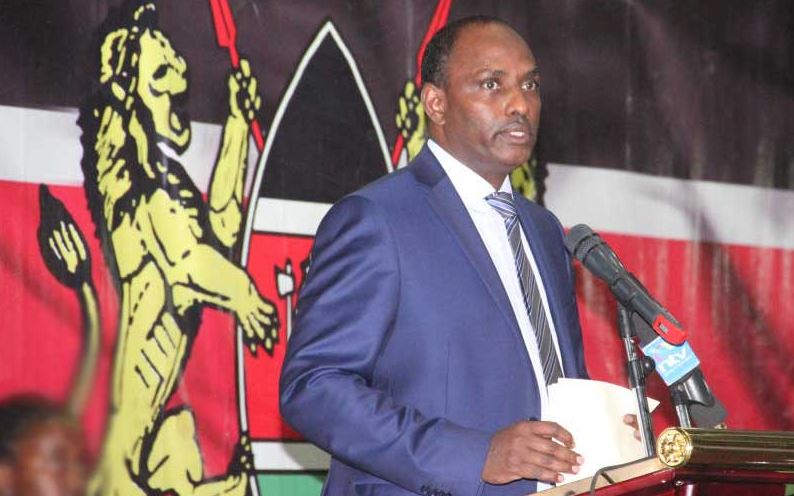×
The Standard e-Paper
Smart Minds Choose Us

Treasury Cabinet Secretary Ukur Yatani’s efforts to establish the Sh100 billion Kenya Development Bank (KDB) by merging three struggling State institutions deserves support.
The proposed institution will have the potential to play a critical role in financing of Kenya’s manufacturing sector.